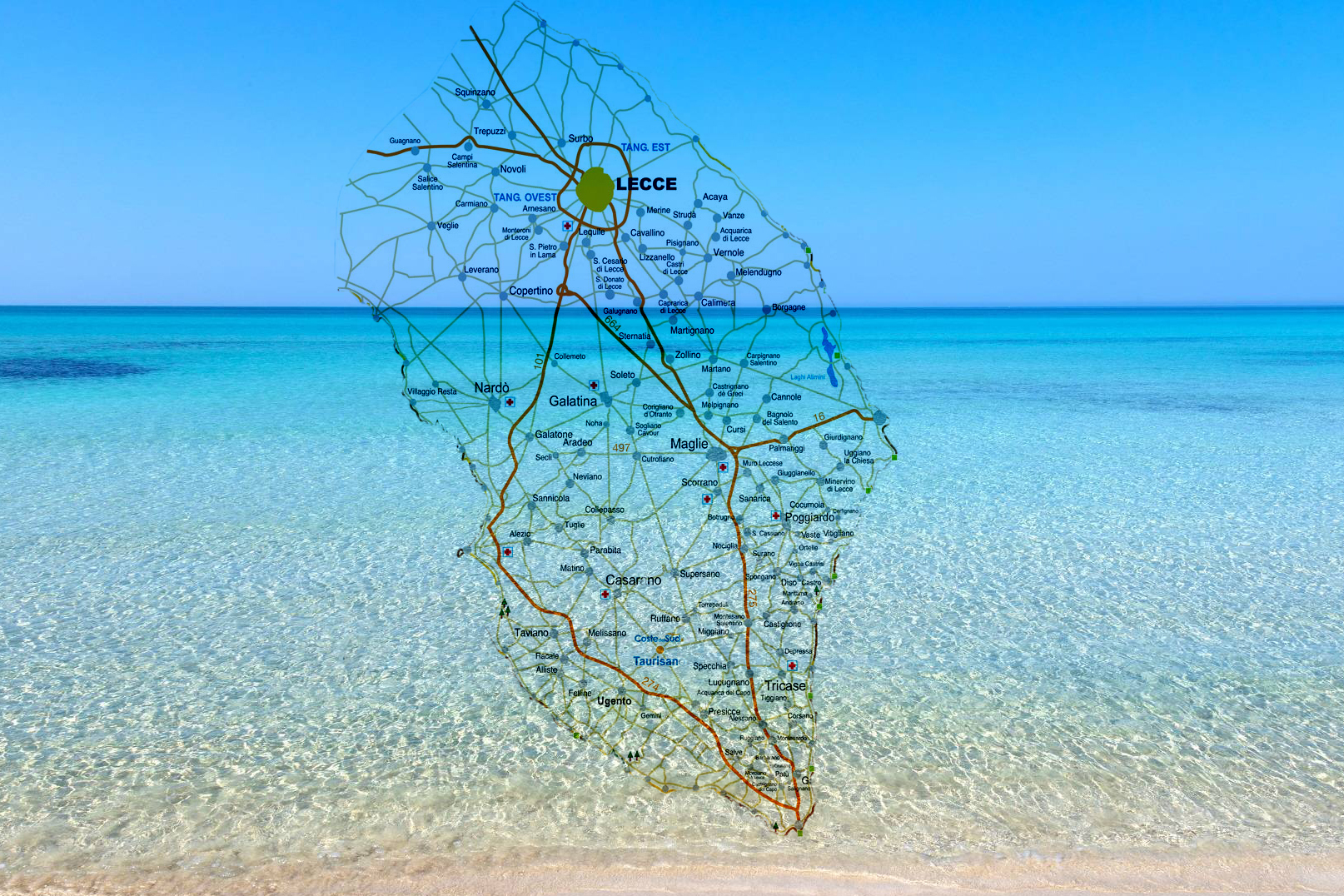
The name Salento has uncertain origins. According to some, it derives from King Sale, a distant King of the Messapians, whose grandson, Malennio, founded Sybar (the first name of the coastal town Roca, which means City of the Sun), as well as Lyppiae (present-day Lecce) and Rudiae, the three most important Messapian cities.
Others derive it from Salum, or land surrounded by the sea. In fact, the Romans referred to the inhabitants of the marshy swamps around the Gulf of Taranto as Sallentini.
According to Strabo, however, the toponym derives from the name of the Cretan colonists who settled here, called Salenti as they originated from the city of Salentia.
Again according to Strabo, Salento was called in different ways: Messapia (from the name of the ancient Messapian population), Iapygia (from the name of the Iapygians, a macro-group that included the Messapians together with the Dauni and Peucezi), Salentina (from the Sallentini people, settled in Roman times on the Ionian side) and Calabria (from the Calabri people settled in Roman times along the Adriatic side).
With the establishment of the Augustan regions, around 7 AD, the name Calabria was chosen: thus Regio II Apulia et Calabria was born, which also included the territories of the Sallentini and Hirpini. In the 4th century, the province of Apulia et Calabria was established in place of Regio II. Around the 7th century, the Duchy of Calabria was erected. In the following century, the Lombards conquered almost all of Salento. From then on, the toponym Calabria migrated to the land that currently bears its name, while Salento was considered an integral part of Puglia. The current name of the peninsula was later taken from the ancient toponym Salentina.












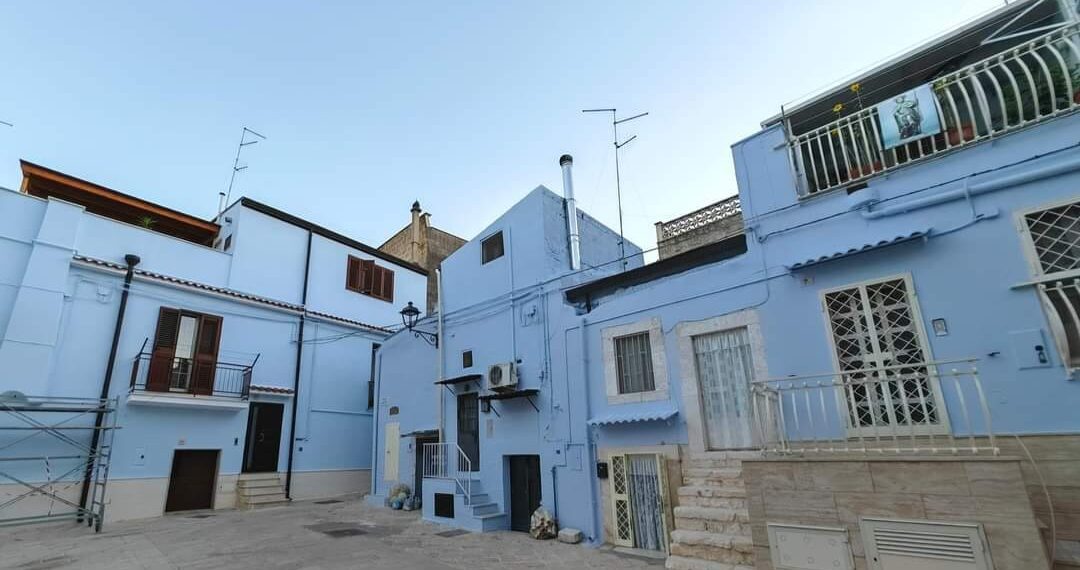
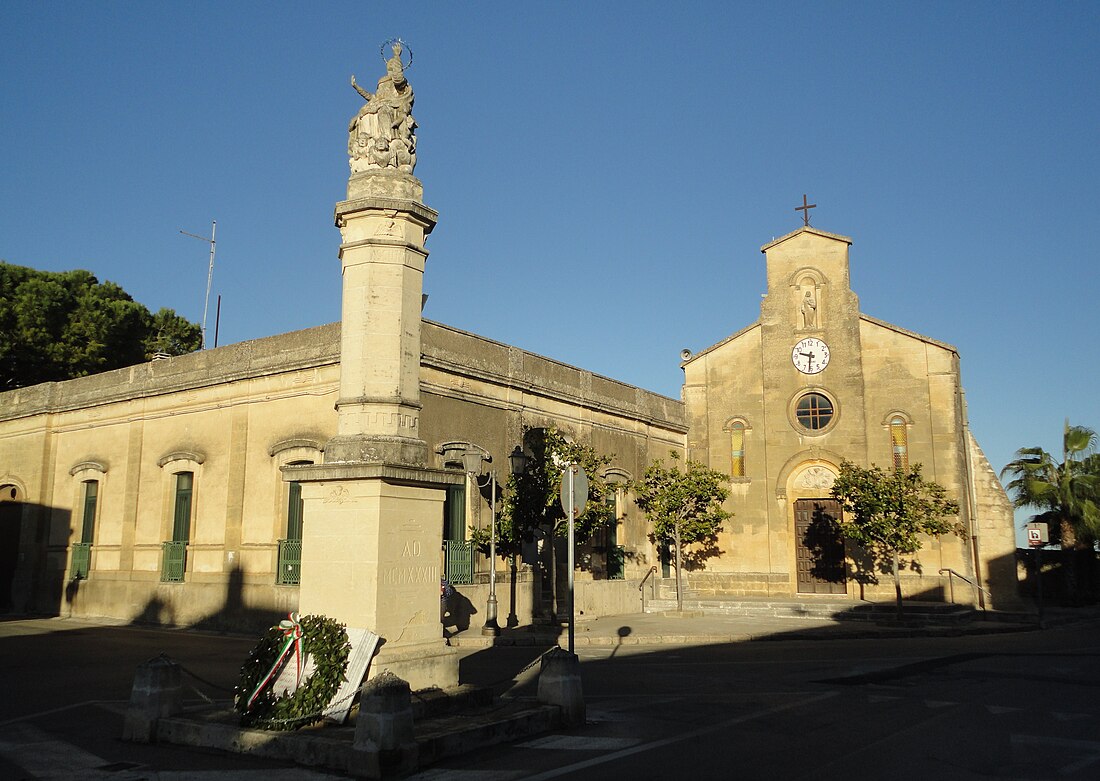
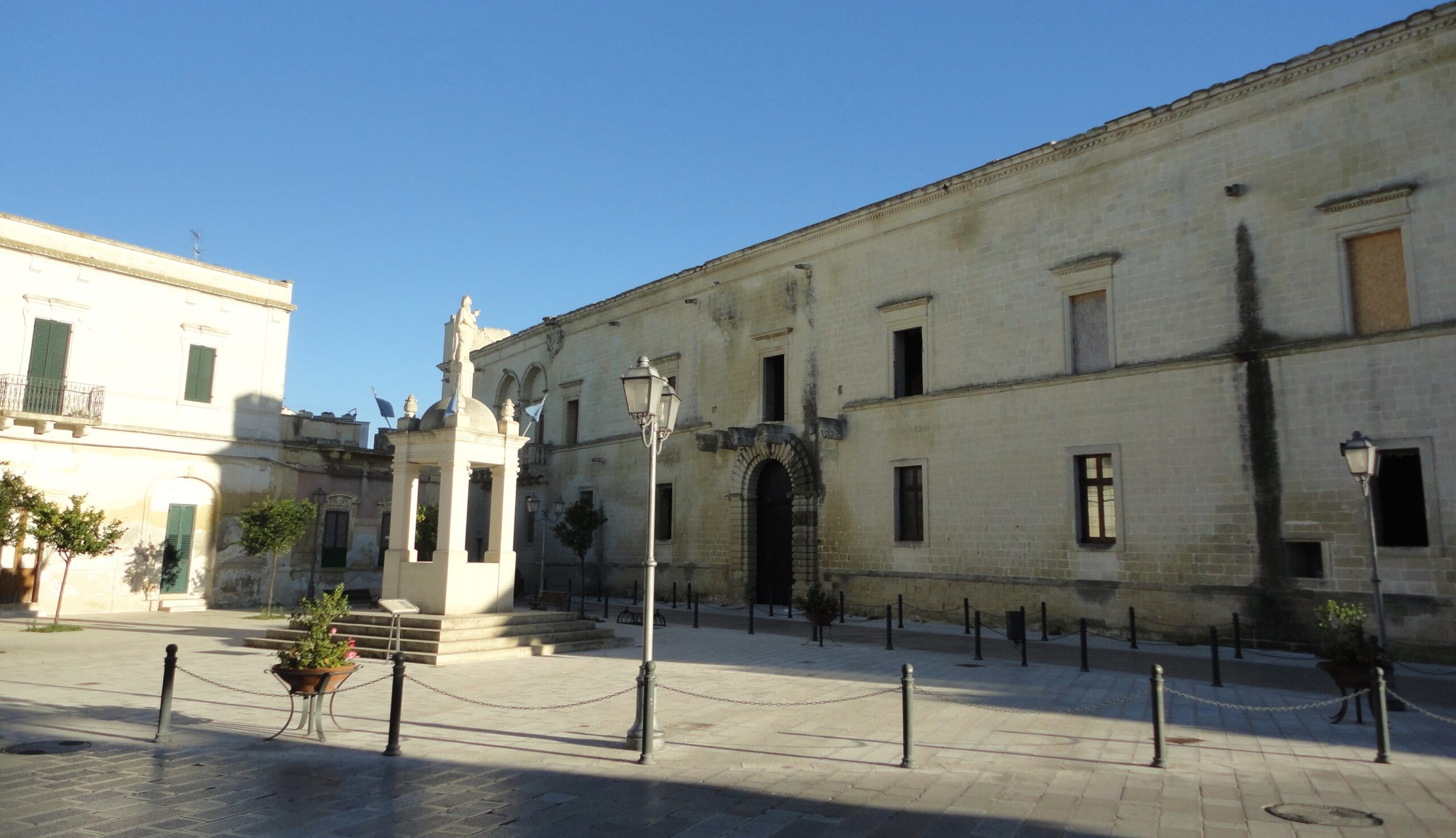
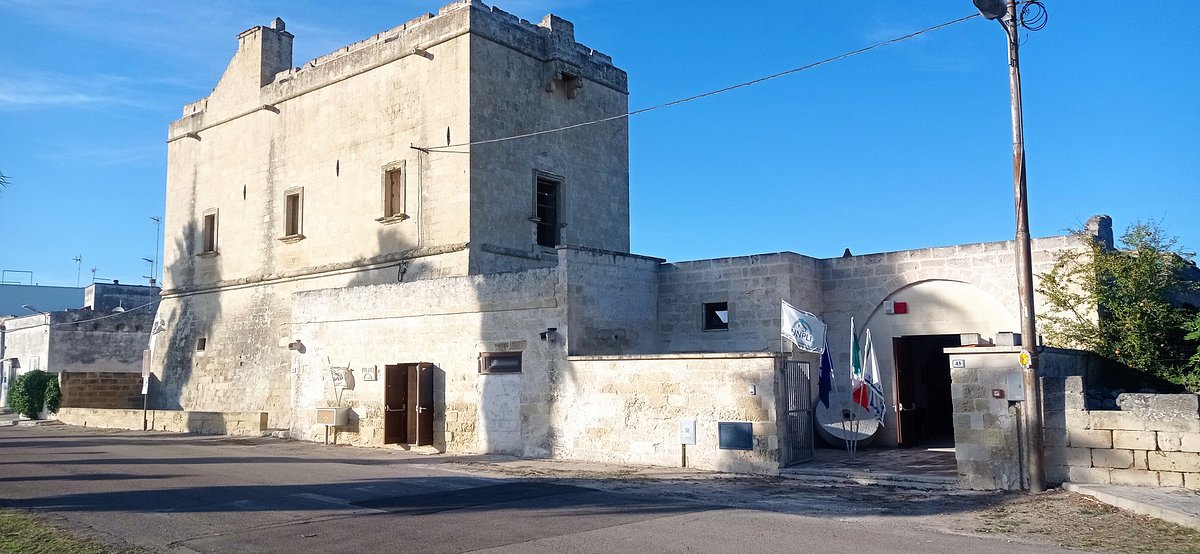




Leave a comment